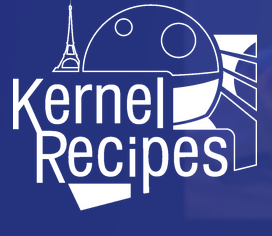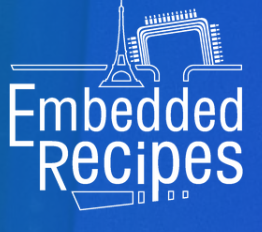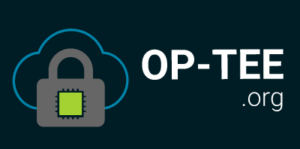Back in December 2021, we had announced the buildroot-external-st project, which is an extension of the Buildroot build system with ready-to-use configurations for the STMicroelectronics STM32MP1 platforms.
More specifically, this project is a BR2_EXTERNAL repository for Buildroot, with a number of defconfigs that allows to quickly build embedded Linux systems for the STM32MP1 Discovery Kit platforms. It’s a great way to get started with Buildroot on those platforms.
Today, we are happy to announce an updated version of this project, published under the branch st/2022.02 at https://github.com/bootlin/buildroot-external-st. This new version brings the following changes:
- Updated to work with Buildroot 2022.02, the current LTS version of Buildroot
- Updated to use the 4.0 “ecosystem” from ST, which means we’re using updated BSP components from ST, namely Linux 5.15, U-Boot 2021.10, TF-A 2.6 and OP-TEE 3.16
- New defconfigs have been added to support all variants of the STM32MP157 Discovery Kits: STM32MP157A-DK1 and STM32MP157D-DK1, as well as STM32MP157C-DK2 and STM32MP157F-DK2.
- The minimal defconfigs now use OP-TEE as BL32 instead of the minimal monitor provided by TF-A, called SP-MIN
- The minimal defconfigs now have mdev enabled, to benefit from automatic kernel module loading
- The demo defconfigs now have the Dropbear SSH server enabled
The document available on the Github page details how to use this work, but here is a quick start in just a few steps:
- Retrieve Buildroot itself, a branch containing a few patches on top of upstream 2022.02 is needed
$ git clone -b st/2022.02 https://github.com/bootlin/buildroot.git - Retrieve buildroot-external-st
$ git clone -b st/2022.02 https://github.com/bootlin/buildroot-external-st.git - Go into the Buildroot directory
$ cd buildroot/ - Configure Buildroot, for example here the demo configuration for the STM32MP157F-DK2
$ make BR2_EXTERNAL=../buildroot-external-st st_stm32mp157f_dk2_demo_defconfig - Run the build
$ make - Flash the resulting SD card image available at
output/images/sdcard.imgand boot your board!
If you have any question or issue, feel free to use the Github issue tracker to contact us. Bootlin is an ST Authorized Partner, and can provide engineering and training services around embedded Linux on STM32MP1 platforms.

 Tomorrow, on May 18, the third edition of
Tomorrow, on May 18, the third edition of 


 The entire team at Bootlin is extremely happy to welcome
The entire team at Bootlin is extremely happy to welcome 